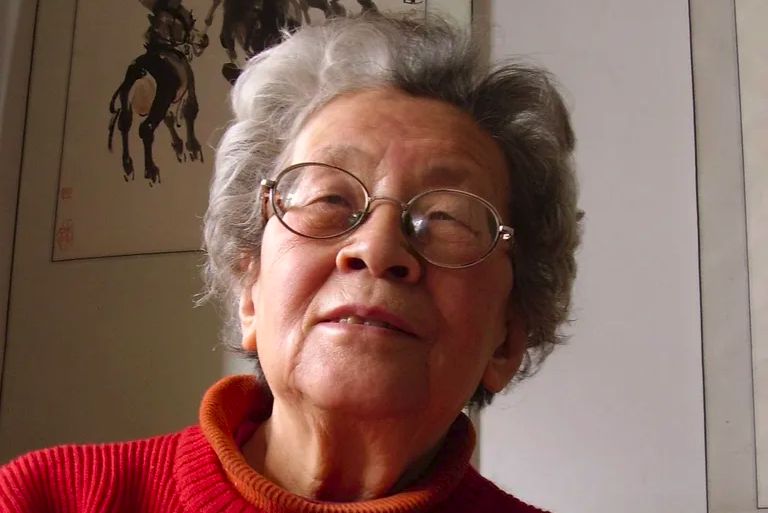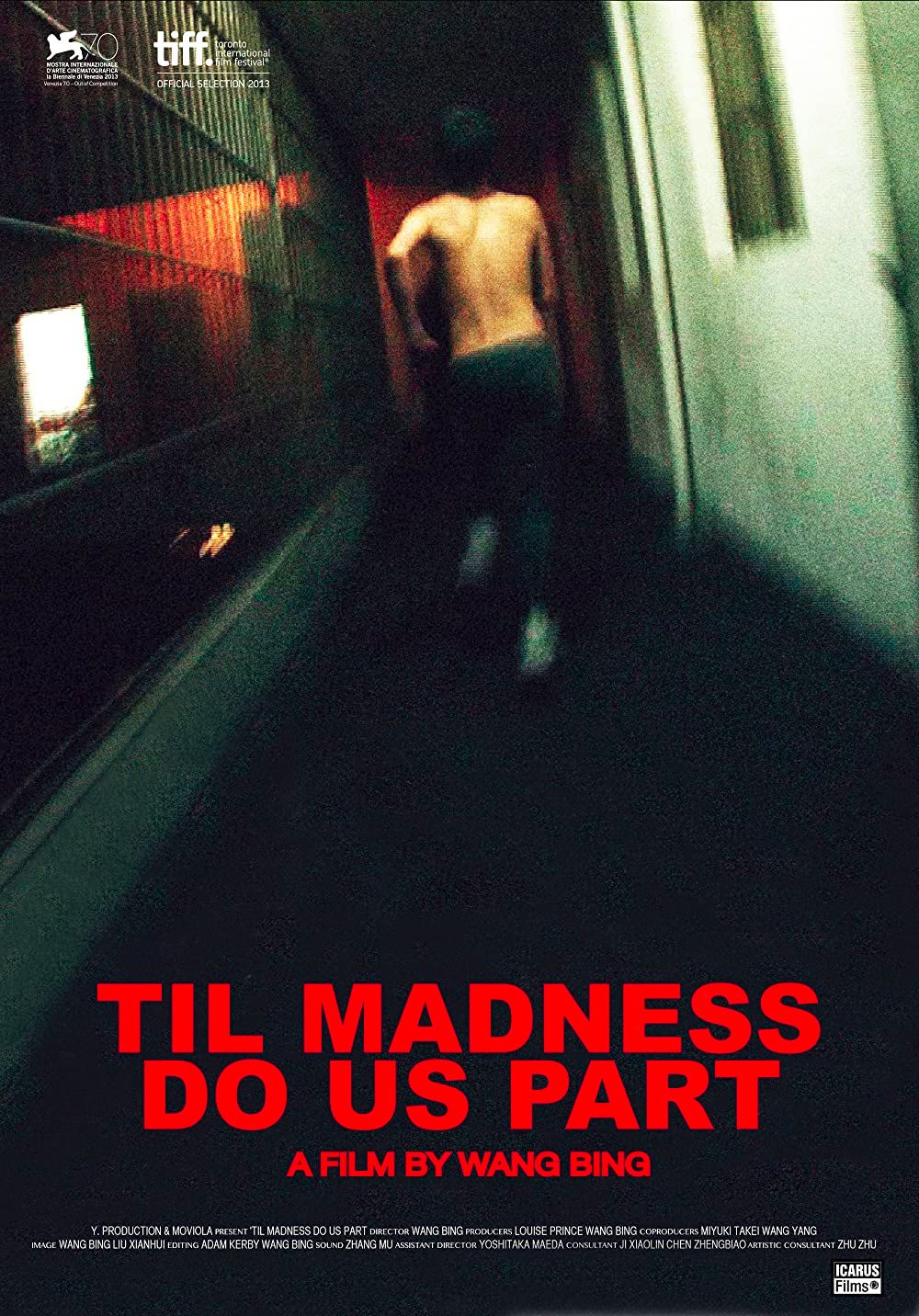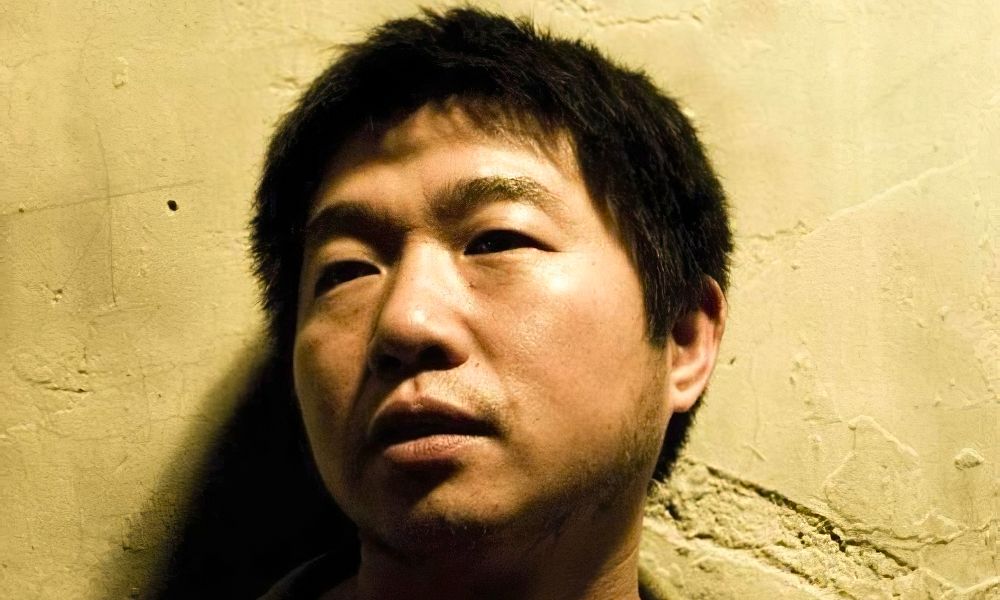"From the vast, nine-hour panorama of a dying factory town meticulously crafted by West of the Tracks to Fengming’s transformation of the Cultural Revolution into a gripping first person narration and Crude Oil’s real time portrait of the grueling fourteen hour working day of oil workers, Wang’s formally daring films offer profound meditations on history and the paradox of the industrial ruin and human suffering caused by the inexorable “progress” of modern China." - Harvard Film Archive, 2010
Wang Bing
Director / Cinematographer / Screenwriter / Editor / Producer
(1967- ) Born November 17, Xi'an, Shaanxi, China
21st Century's Top 100 Directors
(1967- ) Born November 17, Xi'an, Shaanxi, China
21st Century's Top 100 Directors
Key Production Countries: France, China, Hong Kong, Netherlands, Luxembourg
Key Genres: Documentary, Culture & Society, Biography, Social Issues, Political Drama, History
Key Collaborators: Adam Kerby (Editor), Mao Hui (Producer), Lihong K. (Producer), Sylvie Fauger (Producer), Louise Prince (Producer), Li Peifeng (Cinematographer), Huang Wenhai (Cinematographer), Xiaohui Shan (Cinematographer)
Key Genres: Documentary, Culture & Society, Biography, Social Issues, Political Drama, History
Key Collaborators: Adam Kerby (Editor), Mao Hui (Producer), Lihong K. (Producer), Sylvie Fauger (Producer), Louise Prince (Producer), Li Peifeng (Cinematographer), Huang Wenhai (Cinematographer), Xiaohui Shan (Cinematographer)
"A leading figure in documentary cinema, Wang Bing’s boundary-pushing films witness the accelerated transformation of China’s landscape with a deep sense of intimacy and sincerity. He has been working outside of China’s film industry since the beginning of his career, always shooting alone or with a very small crew. His films offer unsparing looks at the everyday lives and struggles of people living on the margins of Chinese society. The resilience of the human spirit is at the heart of each of these works, opening up timely existential and socio-economic questions. With a bold, uncompromising approach to cinematic form, Wang Bing’s singular body of work is testament to a rare tenacity of vision that continues to expand how the medium can represent human lives and histories." - Tate Modern, 2018
"One of the great documentarians working today and an intrepid chronicler of the human tribulations underlying modern China’s social and economic transformation, Wang Bing makes films that are epic in duration yet precise in scope. Forging intimate bonds with his subjects, he captures the plights of individuals and communities in factory towns and rural villages, and demands that we behold the political complexity and moral weight of their struggles." - Film at Lincoln Center, 2018

Fengming: A Chinese Memoir (2007)
"In chronicling individual, present-day lives, Wang gives a sense of his country’s recent history. The films rarely delve directly into discussions of government policies, with works such as 2007’s Fengming: A Chinese Memoir and 2010’s The Ditch (which recall the fates of victims of the Cultural Revolution through documentary interviewing and fictionalized re-enactments, respectively) proving more exceptions than rules in this regard. Political critiques are instead largely left implicit, and made through Wang’s act of allying himself with people that have been pushed onto his culture’s fringes." - Aaron Cutler (Cineaste, 2015)
"After failing to realize his dreams of breaking into the film industry, Wang stumbled into the documentary field without the formal training that had characterized his country’s previous generation of nonfiction filmmakers, even the most experimental and antiestablishment of whom had come up through the ranks of state-sanctioned TV journalism. It’s this outsider status that gives Wang’s works the feeling of having been foraged, and of having no concerns whatsoever for the audience’s comfort. We emerge from his films having been flooded by the present tense, still unsure of how we might have best navigated its waters." - Andrew Chan (Film Comment, 2016)
"Acclaimed by critics and recognized as one of the most important Chinese artists and filmmakers of his time, his work has garnered awards and international praise at major film festivals… Wang first studied photography at the Lu Xun Academy of Fine Art before studying cinematography at Beijing Film Academy. He began his career as an independent filmmaker in 1999." - Icarus Films
"Wang Bing’s signature directorial approach is emblematic of observational filmmaking, characterised by its unobtrusive nature that allows for the organic unfolding of events in front of the lens, as outlined in Bill Nichols’ taxonomy of documentary modes. Wang’s camera serves as a silent, discreet witness, a presence that records reality with minimal intervention and judgement. This filming style permeates his oeuvre, from Tie xi qu (West of the Tracks, 2003) to San jie mei (Three Sisters, 2012), and from Feng ai (‘Til Madness Do Us Part, 2013) to the most recent Qing chun (Youth, 2023), demonstrating a steadfast dedication to authentically portraying the lives of his subjects." - Huirong Ye (Senses of Cinema, 2024)
"In my view, the film industry is very simple: there are commercial movies and there are personal movies, both based on material foundations. Commercial movies are the driving economic force of the film industry. They require a lot of money to be made and involve a lot of people. Consequently, commercial movies need to follow certain rules other than the director’s will. However, in the film industry there is also a space for individualism, that is to say the possibility for making personal movies like the ones I make. These personal movies require less investment and involve less people than commercial ones. I am not saying that one type of movies is better than the other. I am saying that every movie has its value, regardless of the budget." - Wang Bing (Film Comment, 2017)
Selected Filmography
{{row.titlelong}}
Wang Bing / Favourite Films
Breathless (1960) Jean-Luc Godard, Citizen Kane (1941) Orson Welles, Eraserhead (1977) David Lynch, L'Argent (1983) Robert Bresson, Mirror (1975) Andrei Tarkovsky, Querelle (1982) Rainer Werner Fassbinder, Red Desert (1964) Michelangelo Antonioni, Salò, or the 120 Days of Sodom (1975) Pier Paolo Pasolini, Shoah (1985) Claude Lanzmann, The Man with a Movie Camera (1929) Dziga Vertov.
Source: Sight & Sound (2022)
Breathless (1960) Jean-Luc Godard, Citizen Kane (1941) Orson Welles, Eraserhead (1977) David Lynch, L'Argent (1983) Robert Bresson, Mirror (1975) Andrei Tarkovsky, Querelle (1982) Rainer Werner Fassbinder, Red Desert (1964) Michelangelo Antonioni, Salò, or the 120 Days of Sodom (1975) Pier Paolo Pasolini, Shoah (1985) Claude Lanzmann, The Man with a Movie Camera (1929) Dziga Vertov.
Source: Sight & Sound (2022)
Wang Bing / Fan Club
Sukhdev Sandhu, Bérénice Reynaud, Chung Sung-ill, Peter Rist, Richard Brody, James Quandt, Li Cheuk-to, Andrew Šprah, Matthew Flanagan, Martial Pisani, Andréa Picard, Matt Turner.
Sukhdev Sandhu, Bérénice Reynaud, Chung Sung-ill, Peter Rist, Richard Brody, James Quandt, Li Cheuk-to, Andrew Šprah, Matthew Flanagan, Martial Pisani, Andréa Picard, Matt Turner.
"Fan Club"
These film critics/filmmakers have, on multiple occasions, selected this director’s work within film ballots/lists that they have submitted.
These film critics/filmmakers have, on multiple occasions, selected this director’s work within film ballots/lists that they have submitted.


